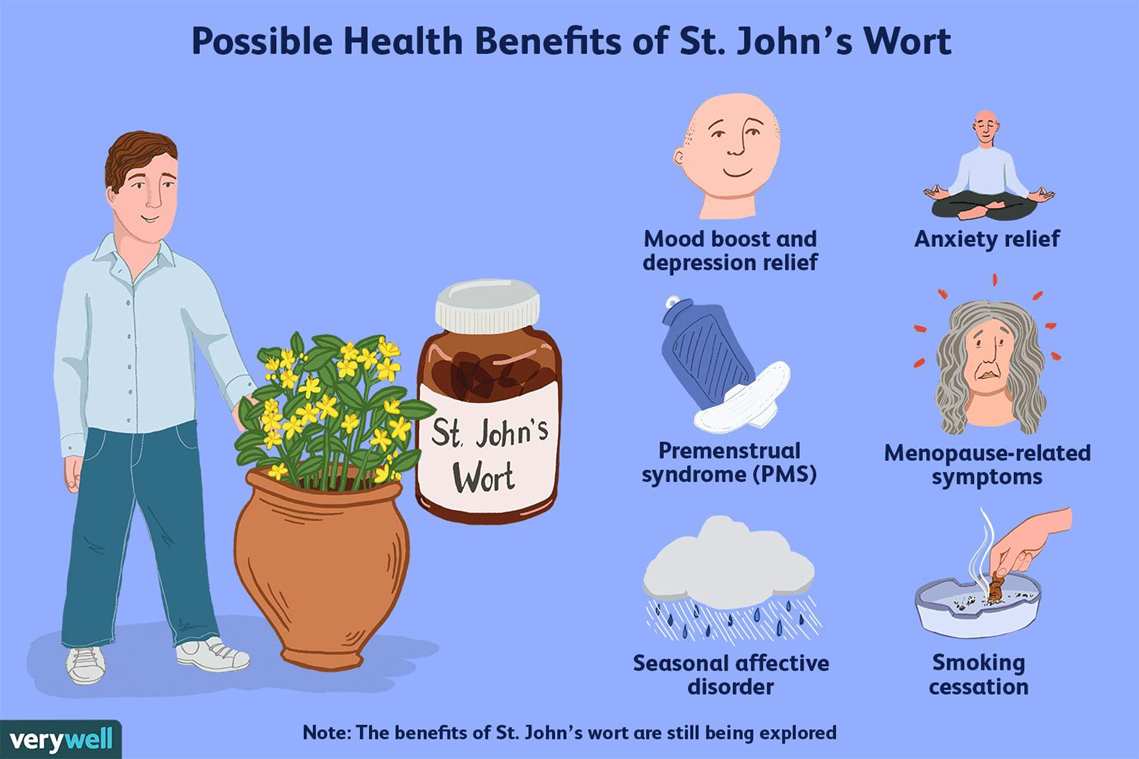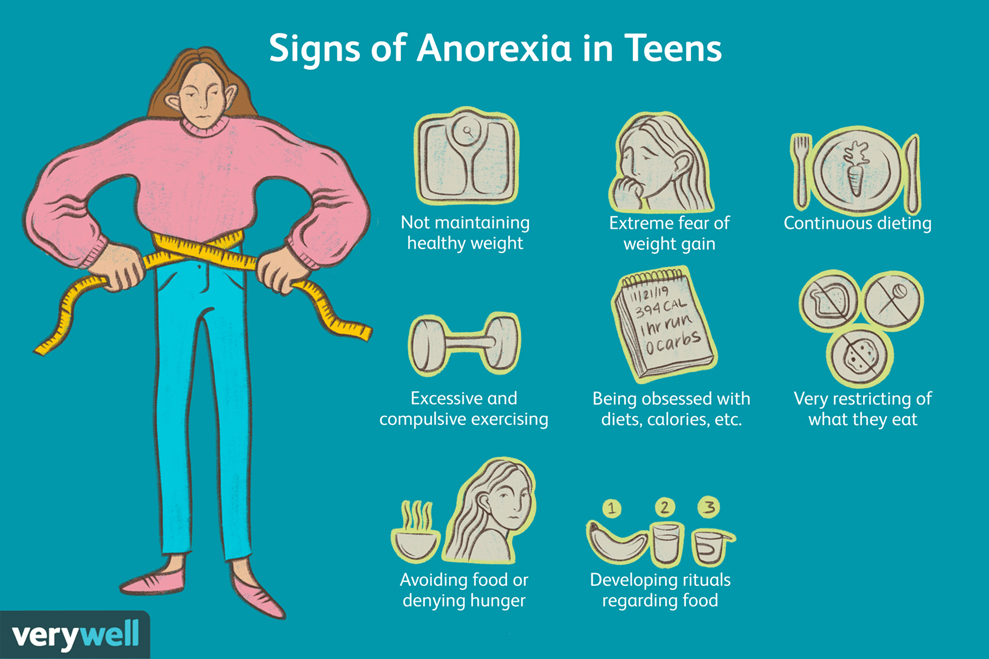A nurse is teaching a client who is about to start taking fluoxetine. The nurse should instruct the client that which of the following supplements interacts adversely with fluoxetine?
St. John's wort
Soy protein
Echinacea
Ginkgo biloba
The Correct Answer is A
Choice A reason:
St. John's wort is known to interact adversely with fluoxetine. Fluoxetine is a selective serotonin reuptake inhibitor (SSRI) used to treat depression and other conditions. St. John's wort also has effects on serotonin, and when taken with fluoxetine, it can increase the risk of serotonin syndrome, a potentially life-threatening condition. Symptoms of serotonin syndrome include confusion, rapid heart rate, dilated pupils, loss of muscle coordination, heavy sweating, and muscle rigidity³. Therefore, it is crucial for patients on fluoxetine to avoid taking St. John's wort to prevent any serious complications.
Choice B reason:
Soy protein is not known to have a significant interaction with fluoxetine. Soy products are commonly consumed foods and are generally considered safe. However, patients should always consult with their healthcare provider before starting any new supplement to ensure it does not interfere with their medication regimen.
Choice C reason:
Echinacea is commonly used to support the immune system, especially for colds and other respiratory infections. There is no well-documented interaction between echinacea and fluoxetine, but as with any supplement, it is advisable to consult with a healthcare provider before combining it with prescription medications.
Choice D reason:
Ginkgo biloba is often used for memory enhancement or to improve circulation. While there are some concerns about ginkgo's potential to affect bleeding due to its blood-thinning properties, there is no direct adverse interaction with fluoxetine. However, patients taking fluoxetine should be cautious with any supplements that can affect bleeding, especially if they are also taking other medications with similar effects.

Nursing Test Bank
Naxlex Comprehensive Predictor Exams
Related Questions
Correct Answer is B
Explanation
Choice A reason:
Reinforcing teaching about coping mechanisms is a task that requires clinical judgment and the application of nursing knowledge, which are responsibilities that cannot be delegated to assistive personnel. Nurses are responsible for the initial teaching and ongoing reinforcement of coping mechanisms, as they have the training to assess the client's understanding and provide appropriate education.
Choice B reason:
Sitting with a client during mealtimes does not require clinical judgment or specialized nursing knowledge and can be delegated to assistive personnel. This task involves providing support and encouragement to the client, as well as monitoring the client's intake, which are within the scope of duties that assistive personnel can perform.
Choice C reason:
Discussing relapse prevention with the family of a client who has schizophrenia involves therapeutic communication and education that must be based on nursing assessment and planning. This task requires the nurse's expertise in mental health and cannot be delegated to assistive personnel.
Choice D reason:
Administering a rectal suppository is a medication administration task that involves nursing judgment related to assessing the client's condition and understanding the medication's effects. This task cannot be delegated to assistive personnel, as they are not licensed to administer medications.

Correct Answer is A
Explanation
Choice A reason:
Implementing seizure precautions is a critical intervention for a client with a history of alcohol use disorder who is admitted while intoxicated. Alcohol withdrawal can lead to seizures, which can be life-threatening. Seizure precautions include maintaining a safe environment, having emergency medication and equipment ready, and monitoring the client closely for signs of seizure activity.
Choice B reason:
Monitoring for orthostatic hypotension is important, especially if the client is experiencing withdrawal symptoms, as dehydration and electrolyte imbalances can occur. However, it is not as immediately critical as implementing seizure precautions for a client who is currently intoxicated.
Choice C reason:
Administering methadone hydrochloride is not an appropriate intervention for alcohol intoxication or withdrawal. Methadone is used for opioid use disorder, not alcohol use disorder, and could be harmful if given to a client with alcohol intoxication.
Choice D reason:
Acidifying the client's urine is not a standard intervention for alcohol intoxication or withdrawal. This intervention is more commonly associated with managing certain drug overdoses or poisonings to increase the elimination of the substance.
Whether you are a student looking to ace your exams or a practicing nurse seeking to enhance your expertise , our nursing education contents will empower you with the confidence and competence to make a difference in the lives of patients and become a respected leader in the healthcare field.
Visit Naxlex, invest in your future and unlock endless possibilities with our unparalleled nursing education contents today
Report Wrong Answer on the Current Question
Do you disagree with the answer? If yes, what is your expected answer? Explain.
Kindly be descriptive with the issue you are facing.
